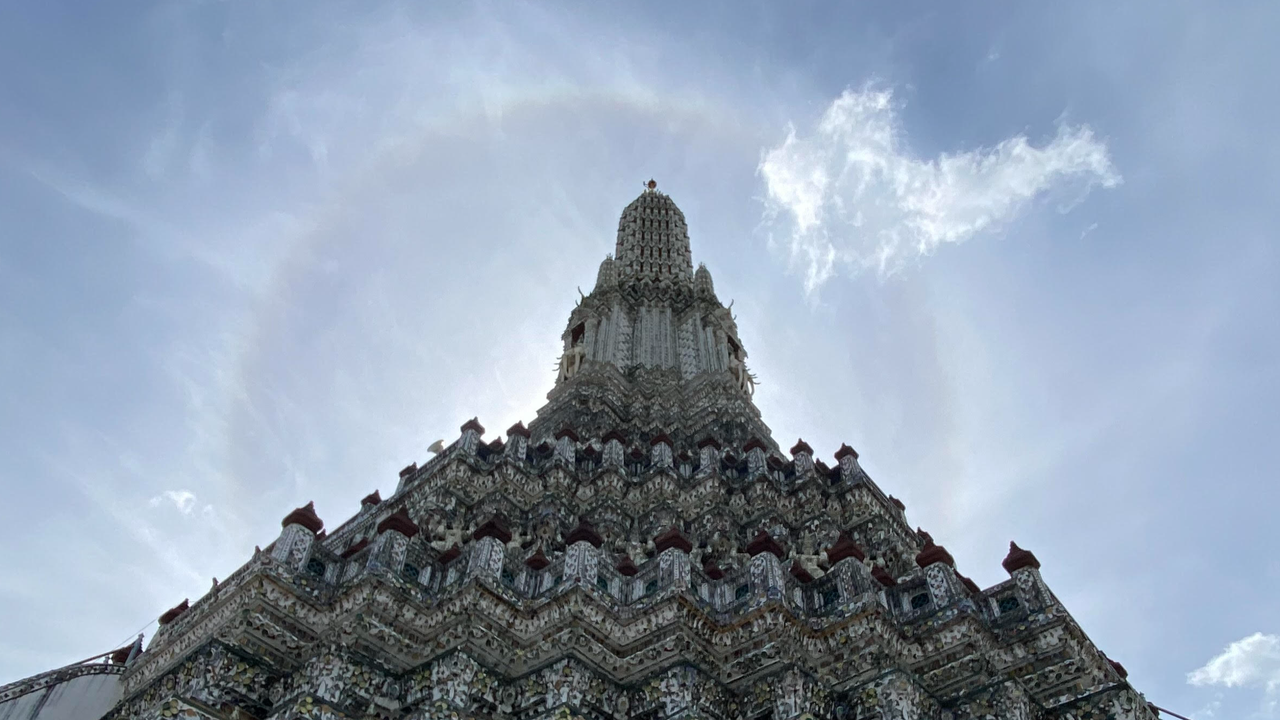Cambodian Prime Minister defiant in face of international criticism, vows to continue Angkor Wat relocations

Despite mounting international condemnation from human rights groups, Cambodian Prime Minister Hun Manet affirmed on Friday his commitment to relocating thousands of families from the Angkor Wat temple complex.
The controversial move, aimed at protecting the UNESCO World Heritage site, has drawn criticism, with Amnesty International accusing Cambodia of violating international law through "forced evictions."
Officials maintain that approximately 10,000 families have willingly agreed to move to Run Ta Ek, a new community situated about 25 kilometers away on former paddy fields. Last month, Amnesty International called for an immediate halt to the evictions, claiming they were forced.
In response to the criticism, Prime Minister Hun Manet asserted that the relocations were necessary to preserve the "soul of our nation," referring to Angkor Wat. During a ceremony presenting land titles to nearly 5,000 families, he urged more villagers to participate, emphasizing the importance of preserving the cultural heritage.
"We in the 21st century must unite to preserve and take actions so that this soul will remain vivid for thousands more years," he stated, adding, "This is the first step. We will continue." The Prime Minister ordered authorities to prevent people from settling within the Angkor Wat site.
While acknowledging the difficulty of relocating, Hun Manet pledged to develop essential infrastructure at Run Ta Ek and provide 10 free daily shuttle buses between the new and old sites. He attributed the relocations to "some conditions" from UNESCO, without specifying details, necessary for Angkor Wat to maintain its World Heritage Site status.
Amnesty International alleges that Cambodian officials are using UNESCO to justify the relocations. In November, UNESCO expressed deep concern over the relocations, clarifying that they had neither requested nor supported the program.
The Angkor Wat temple complex, dating back to the ninth century, drew over two million foreign visitors annually before the pandemic. The influx of tourists led to the growth of a local economy around the site, but Cambodian authorities argue that informal settlements have harmed the environment through waste production and overuse of water resources.